02
2019“Okurrr-ing” and “Yeet-ing” during a news broadcast: does journalism need to be entertaining to survive?
During a panel conversation on journalism and democracy, journalists Valerie Boyd, Shaun-ya Chavis-Rucker, and Douglas Blackmon, debated the current trends in (North-American) news journalism: Why do certain anchors, who noticeably are not the biggest Hip Hop heads, use excessive Hip Hop lingo during a news broadcast? Why do some anchors lose their cool and go on full-blown rants during news episodes? Why do cable news outlets invite controversial guests, known for their stupidity, instead of commentators who know what they are talking about? All panelists agreed that news journalism has become more market-driven and formats that were expected to result in more eyeballs, thus in more dollar bills, became more important than the basic journalistic formats of ‘informing the citizens’.
Another important topic was the growth of digital technology, since social media have led to the democratization of the news. Nowadays, anyone with a smart phone can produce news, make people all over the world aware of injustices in their environment, and state their opinions on current news events. The good thing is that ‘citizen journalism‘ and excellent reporting from (online) independent news outlets can lead to dismissals of employees who discriminate, and changes on a policy level. The bad thing is that it becomes harder for people to discern news facts from opinions about news stories. The ugly thing is that extreme political views have a platform too and might end up on people’s social media timeline more often due to new algorithms (Darcy, 2019).
So, will the intensified fight for viewership, online competitors included, force news organizations to make unusual choices? Can this noble profession only survive when ‘the Tekashi 6ix9ine’s of journalism’ (entertaining and controversial personas) become the messengers of news? Here are a few tips to deal with the current and future state of journalism: 1. Use multiple news sources to get a more balanced view 2. Verify every news source 3. Be cognizant of the difference between a fact and an opinion (“Cardi B trademarked her catch phrase Okurrr” is a fact/ “Cardi B’s career should end because she admitted to drugging and robbing men” is an opinion). I also have some advice for news reporters and social commentators. Reporters, although it seems ‘entertaining’, please engage less often in fear-mongering journalism and more often in solutions journalism. Social commentators, although it might enhance the entertainment level of the program, you don’t have to state your opinion on everything. It is okay to say that you don’t know enough of a current news event to form an accurate opinion and that the last thing you want to do is misinforming your (huge) following.
In the video below, journalist/Pulitzer Prize winner Douglas Blackmon breaks down the role of journalists:
Anchors using Hip Hop lingo (this segment could only be viewed on the social media pages of WTOL morning news and the reporters stated that they wanted to help boost kids’ morale) :
Further reading:
Howard, M. 2019. How journalists and the public shape our democracy. Georgia Humanities, Atlanta.
Source:
Darcy, O. 2019. How Twitter’s algorithm amplifies extreme political rhetoric. https://www.phillytrib.com/news/business/twitter-s-algorithm-amplifies-extreme-political-rhetoric/article_a3103d0a-6acc-572d-885f-b84dfdb5d961.html. Accessed on March 31, 2019.




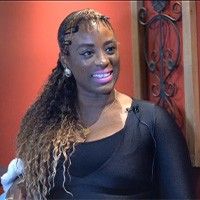








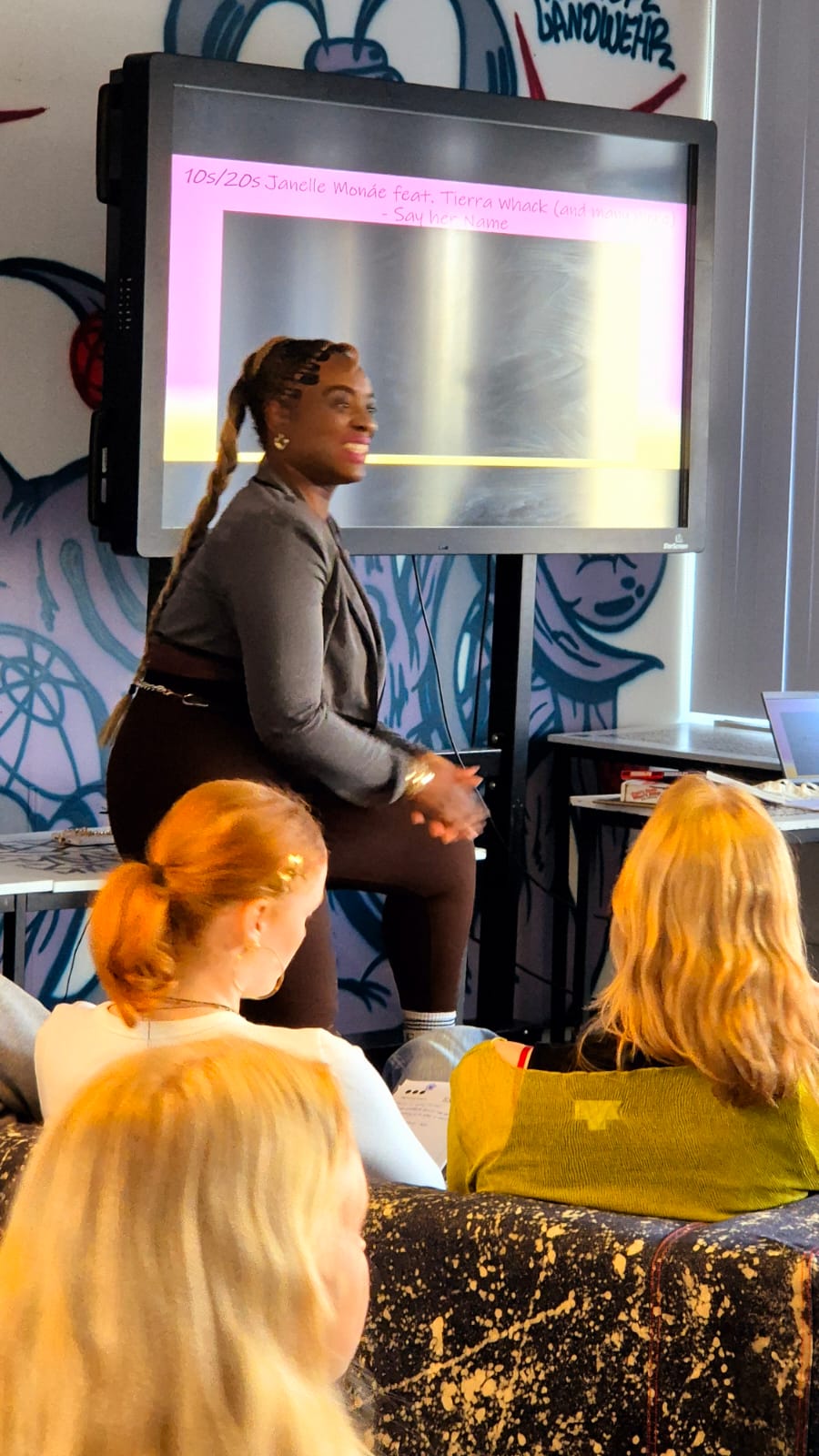
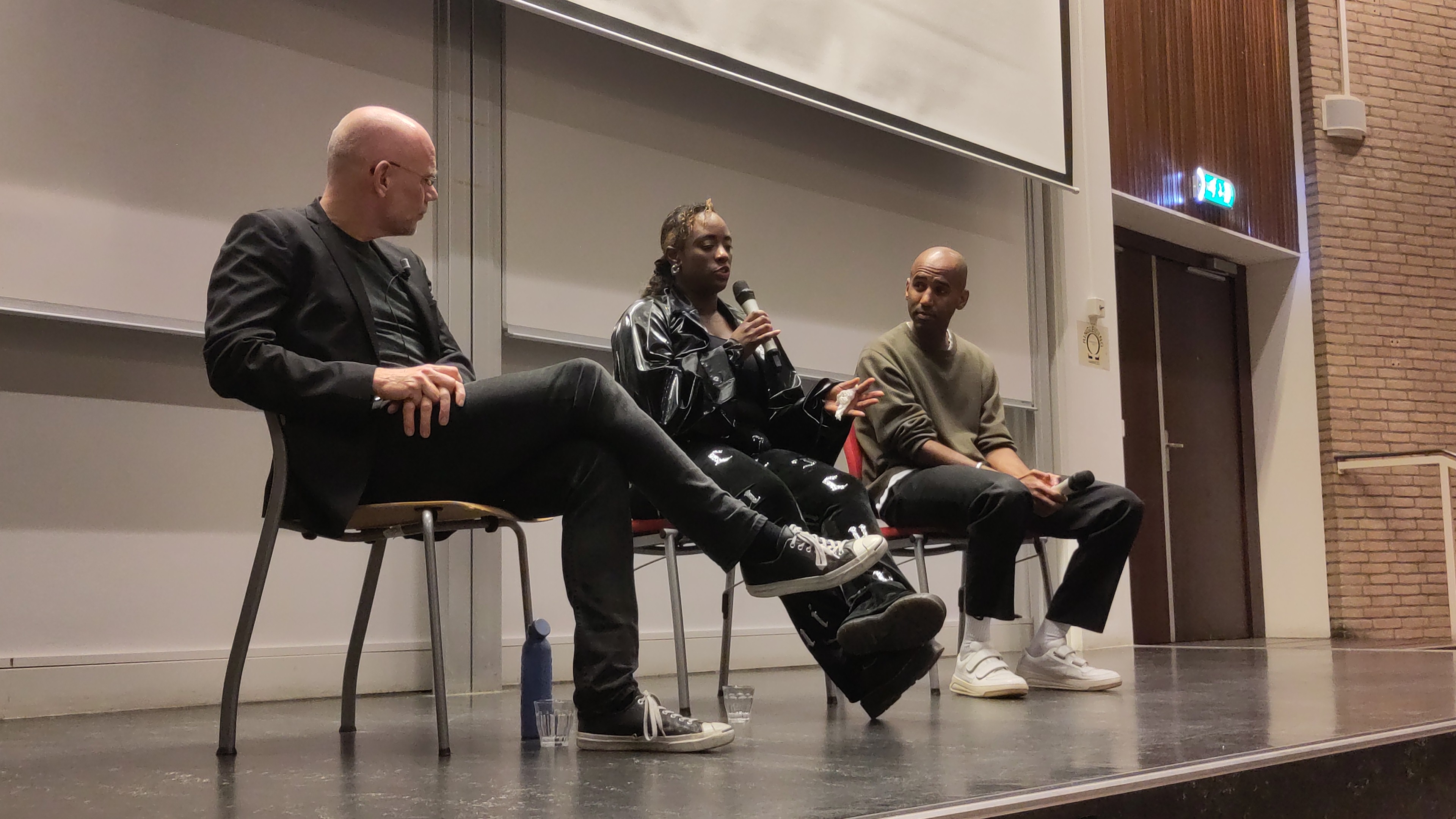




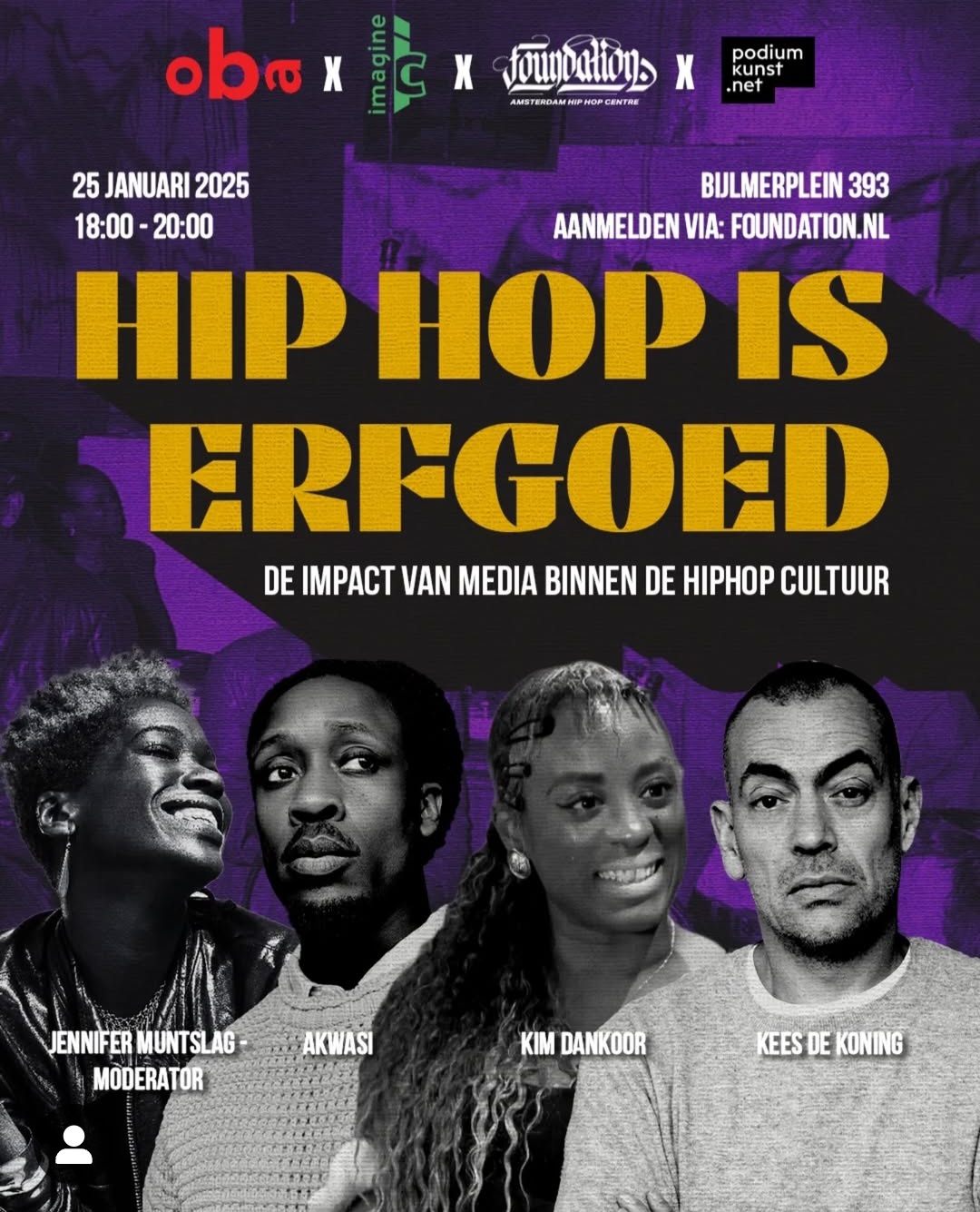
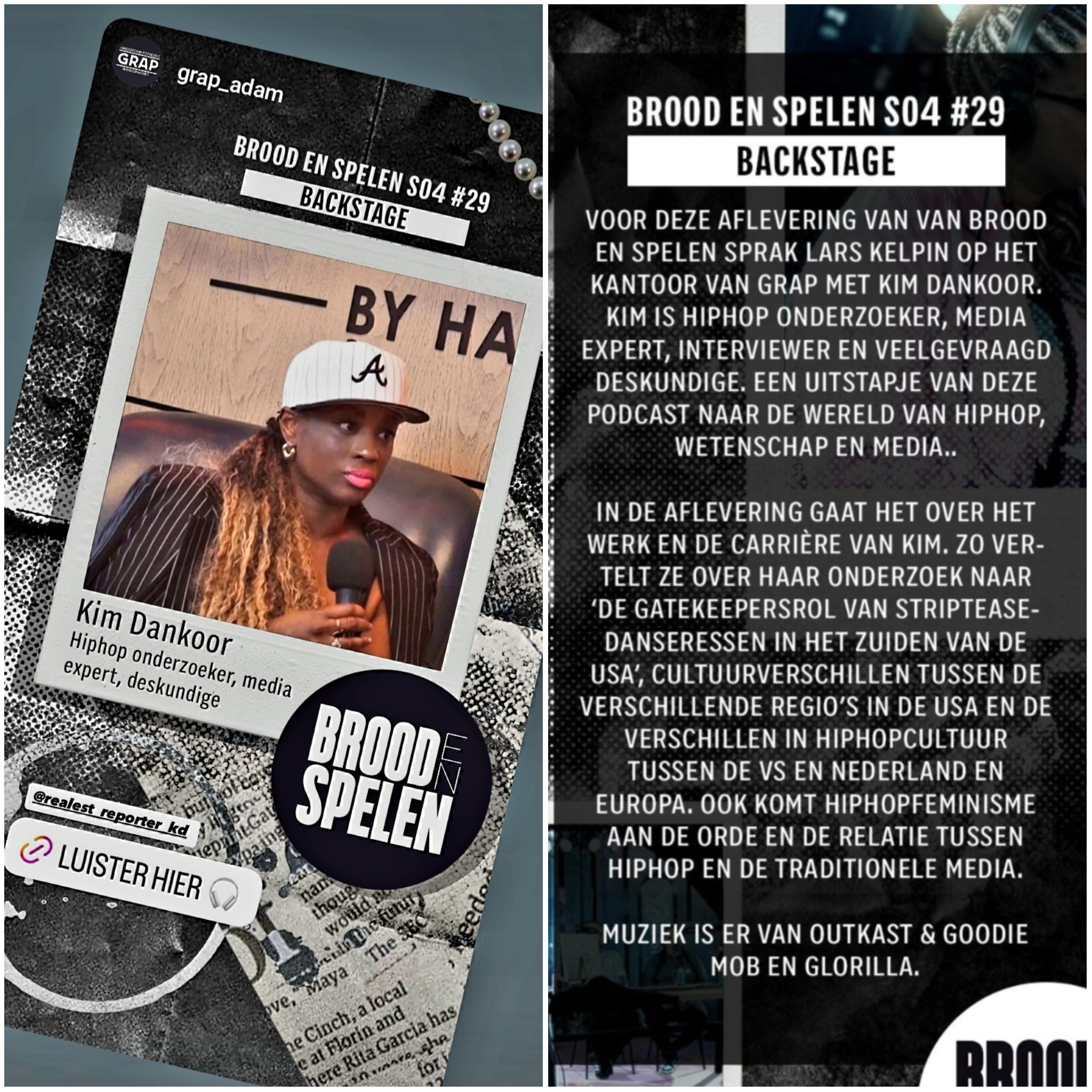

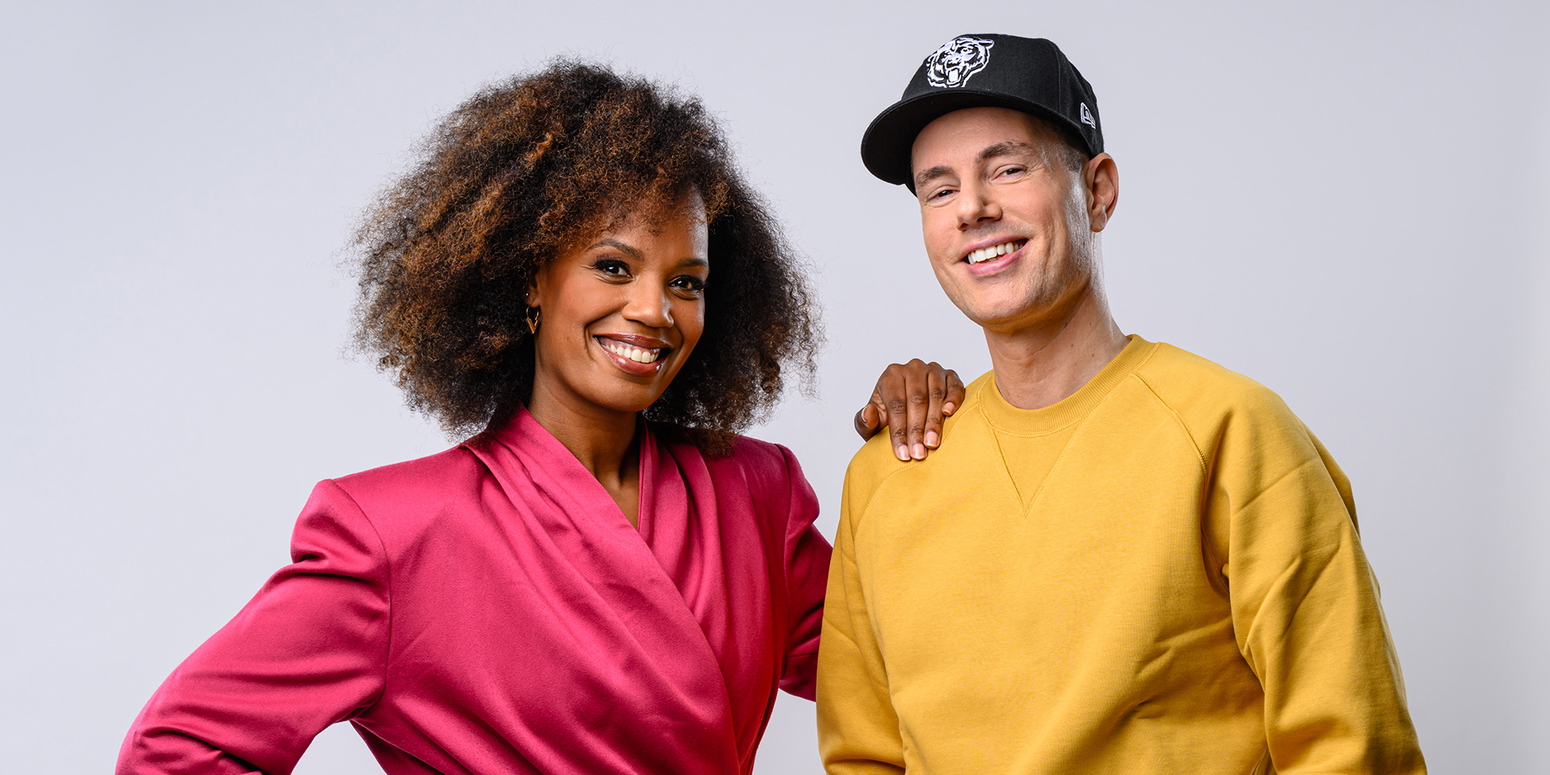
Recent KIM comments